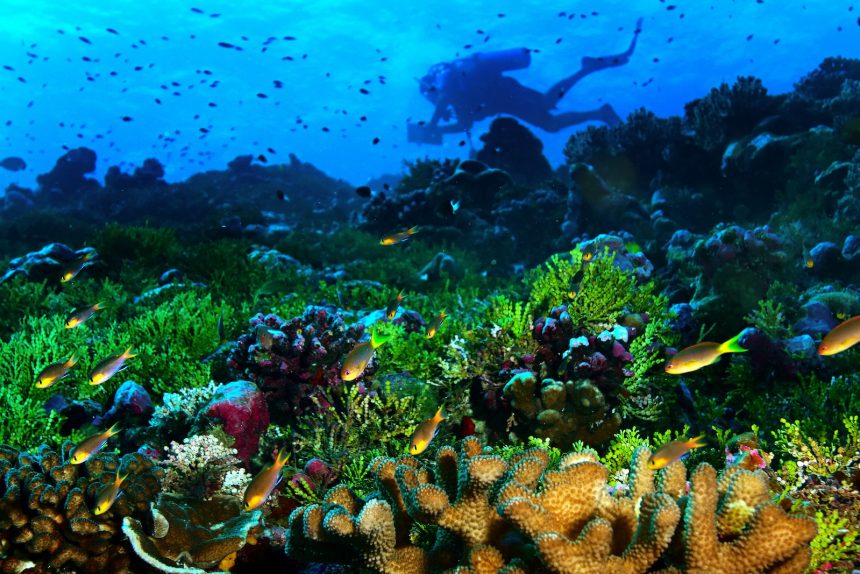President Biden’s administration is aiming to establish the largest non-contiguous protected ocean area in the world by expanding the Pacific Remote Islands Marine National Monument. However, a new paper suggests that the Indigenous peoples most affected by this change are being overlooked in the decision-making process. The proposed sanctuary would not only strengthen environmental protections but also help achieve the administration’s goal of conserving 30 percent of the country’s land and waters by 2030. Authors Angelo Villagomez and Steven Manaʻoakamai Johnson argue that the rights and perspectives of Micronesians and Samoans, who have voiced concerns about the proposal, are being disregarded in favor of Native Hawaiian perspectives. Villagomez, a longtime advocate for ocean-protected areas, highlights the need for the territories to receive benefits from these conservation efforts. The paper also addresses disparities in political power and representation, emphasizing the importance of including all affected Indigenous peoples in decision-making processes. The authors suggest dedicated funding for affected territories and peoples in any marine sanctuary designation and urge NOAA to create such a fund.






